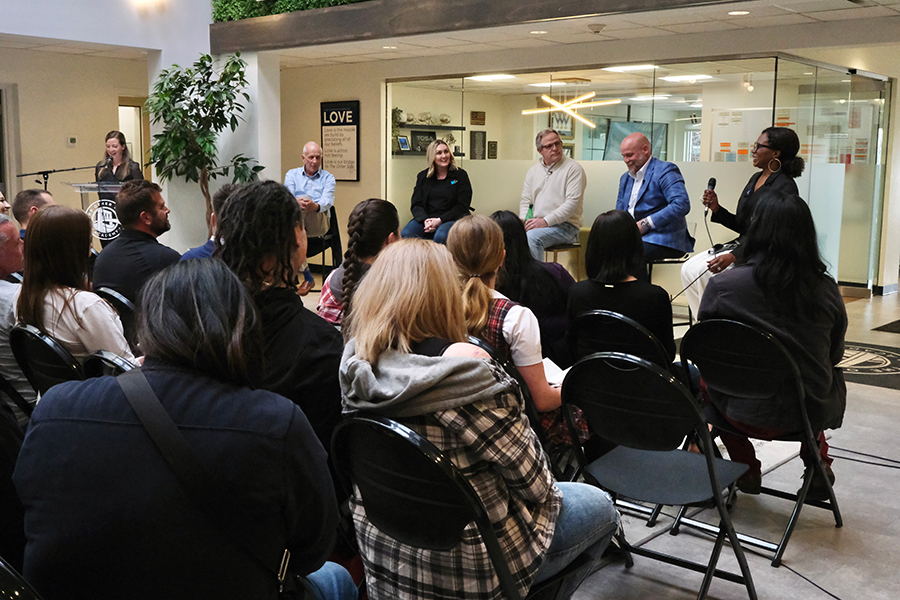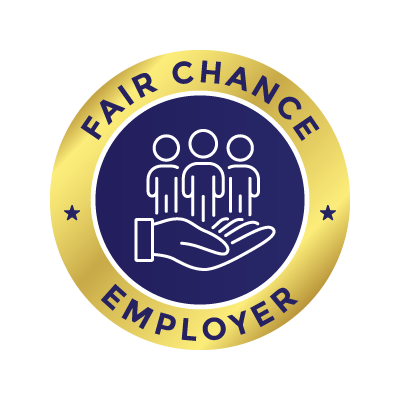In honor of National Second Chance Month, Rasa Legal and Clean Slate Utah co-hosted a community panel discussion on fair chance hiring at The Other Side Academy featuring business leaders, employers, and people with records who were given a second chance. Here are a few of the highlights from the event and some key takeaways that explain why second chances are important for us all.
When: Thursday, April 27, 2023
Panelists: Dave Durocher (The Other Side Academy), Dr. Sidni Shorter (Utah Black Chamber), Heather Chase (The Haven), Brian Tease (Cirque Lodge & The Salvation Army), Jon Hale (Hires Big H)
Quick Facts:
-
- Over 800,000 Utahns have a criminal record, and the unemployment rate for formerly incarcerated people is 10 times higher than those without records.
-
- Research shows that hiring people with records is one of the best ways to reduce recidivism, support working families, and help employers access an untapped pool of skilled and loyal workers.
- 85 percent of HR professionals involved in hiring say that people with records perform as well or better than people without records. They’re also more loyal with higher retention rates, because people with records understand what it means to have be given a chance.
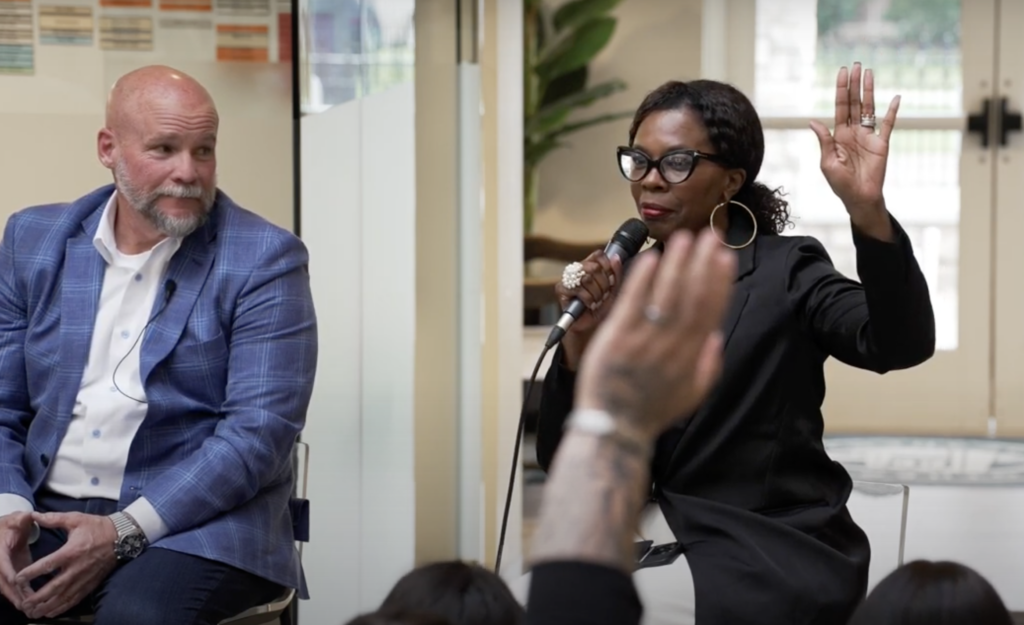
Our Top 5 Insights
1. “If we invested in ensuring that everyone was vital to the economic ecosystem; it wouldn't cost the system so much.”
Dr. Sidni Shorter, CEO of the Utah Black Chamber, kicked off the discussion by asking the audience to raise their hand if they had a criminal record. She then asked the rest of the room to raise their hand if they had done something that they could or should have been arrested for and were lucky enough not to be caught. Not surprisingly, nearly the entire room had their hands in the air. Dr. Shorter then explained, “We all have, at some point in time, have not been at our best. And that’s really simply what it is.”
Dr. Shorter went on to highlight the importance of fair chance hiring and having a thriving economic ecosystem where we invest in everyone, and how entrepreneurship can also be a way forward for those with records.
“One of the things that we truly advocate for is entrepreneurship—holding your own, building your own. I am sure if you can manage having a second chance, you can manage having a business or building an idea or thought of your own.”
Dave Durocher, Executive Director of The Other Side Academy, is an example of doing just that. The Other Side Academy uses a social enterprise model that allows their organization to create jobs and generate their own revenue.
“When I was going to jail, who was paying for me? The community, I was a burden. When I was going to prison, who was paying for me? The taxpayer, I was a burden. When I was going to a program that I could not fund myself, I was a burden to some degree. At The Other Side Academy, we are two and a half years long, we are residential and we take no money from outside sources. We are work-based, and we have our own social enterprises…the reason that’s important is that the day you get here you become part of the solution, you’re no longer part of the problem.”
Video Clip: Dave on the work-based treatment approach at The Other Side Academy
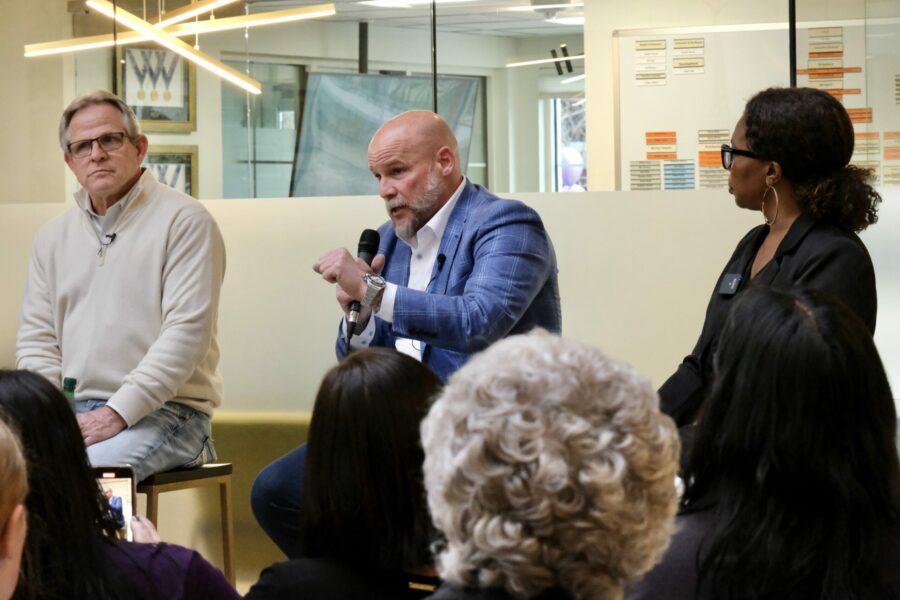
2. Offering employment opportunities for people with criminal records can be a win-win.
Jon Hale, the owner of Hires Big H, shared how he began hiring justice-involved people by partnering with Odyssey House. At first, he noted, it was out of necessity due to a shortage in staffing. Now, it is common for them to hire people with records and they are happy to do it, because it is good for people, as well as their business.
“I’ve always felt that people are the key, and it doesn’t matter to me what people’s pasts are. I feel like I have something to give when we hire people…We just got to all consider that we’re all people, and we can’t just look at what people’s pasts are, we can only look at what their futures may be.”
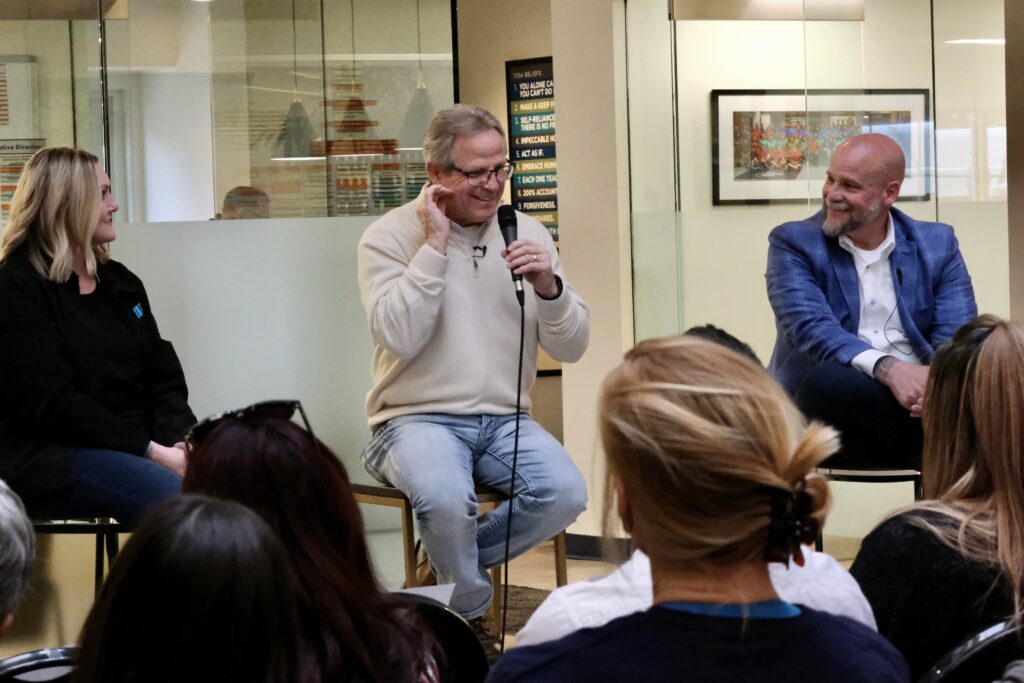
3. Expungement can open up opportunities for people in our community.
Brian Tease, a community advocate and licensed therapist at the Cirque Lodge, shared his personal story with addiction and incarceration, and his efforts to get his criminal record cleared. He was one of the first people in the state to get his record fully pardoned in Utah.
“It’s absolutely life changing to be able to have that,” said Brian. “The College of Social Work [at the University of Utah] called me and asked me if I would come teach for them, and I said I would. But when I put the application in they said ‘do you have a criminal history?’ And I sat there for 25 minutes, because my habit was to check the box, and I realized I didn’t have to…I didn’t check the box, they ran my record and it came back with nothing. And I was hired.”
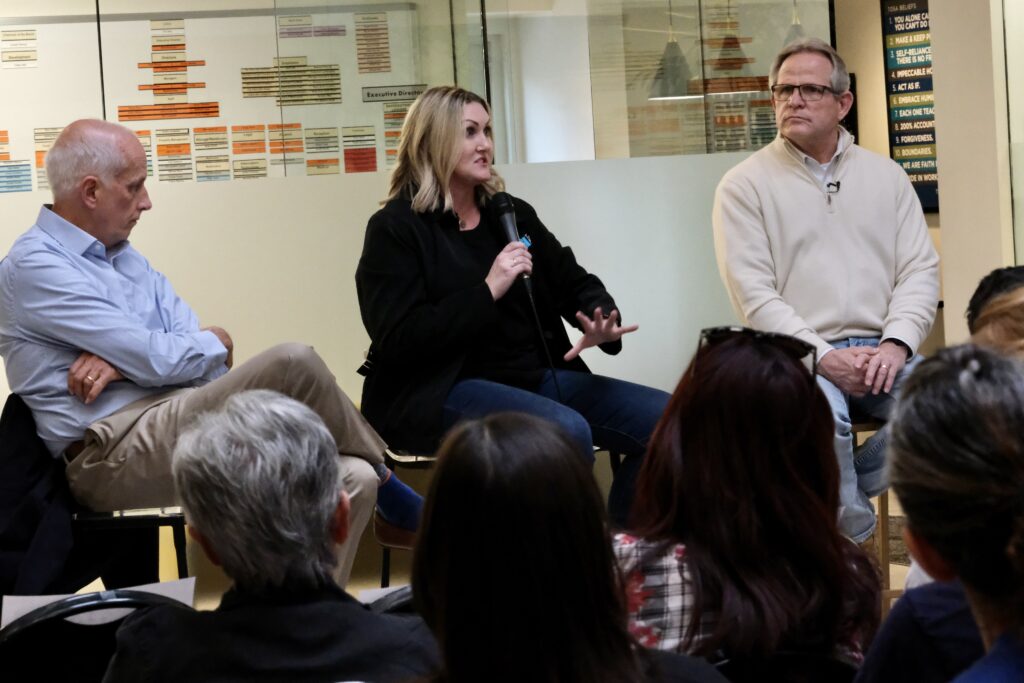
Heather Chase, Executive Director of The Haven, shared how they have always been a fair chance employer, but they have also begun to invest in their employees' futures by providing expungement support as a benefit.
“We want to invest in our people. We know maybe everyone is not going to be with us forever. They might go on to open their own center or want to go work at another organization, like The Other Side Academy. But we’re investing and we want to see people better their futures by showing up for them differently and helping them expunge their records. And by doing all this, I think it’s really helping the overall hiring needs in our community.”
Video Clip: Heather on the Experience of Offering Expungement as an Employer Benefit
4. We need to look beyond our biases and hire people who are qualified to do the work.
Dr. Shorter shared her thoughts on business needs and hiring people with records, and how it comes down to employers asking themselves what outcome they are trying to achieve.
“...We all have biases. And in some areas we double-down on them, and it’s not only to the detriment of the person, but it’s also to the detriment of the business. Because we may select something or someone that we’re more comfortable with, but that does not mean that they’re the best candidate. That is not what that means. And so I just believe the question we should be asking is: Who qualifies to do the work?”
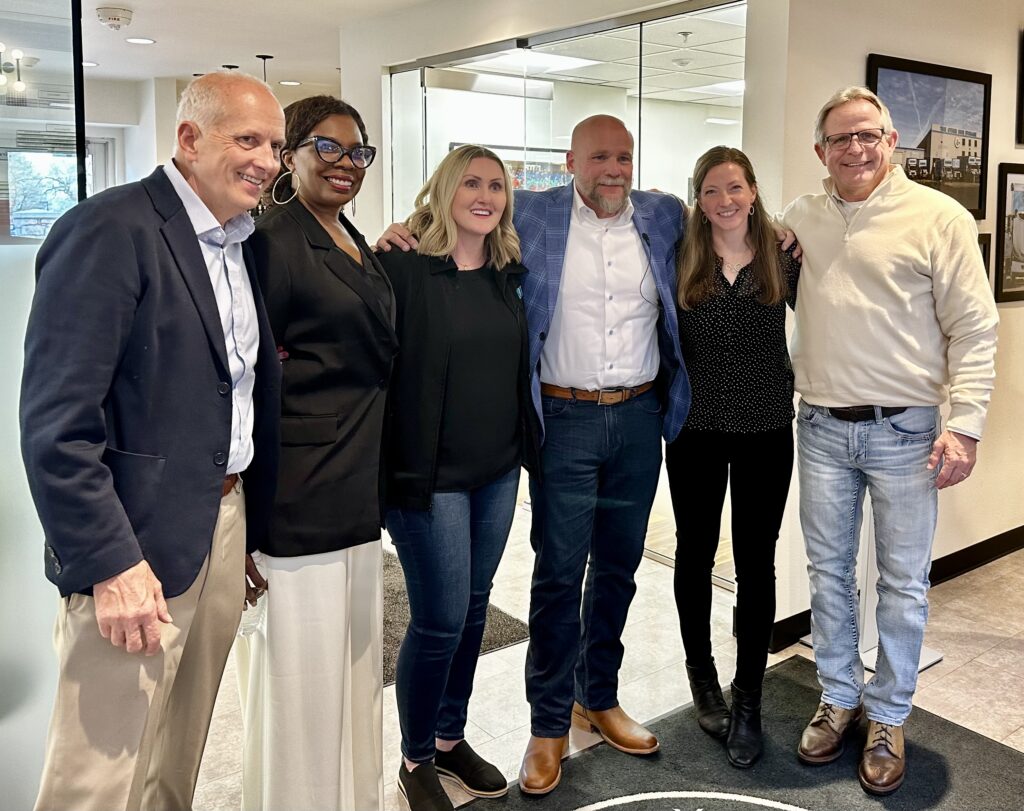
5. There is hope for people who are trying to overcome their past.
The panel shared several great words of advice on continuing to move forward. Dave Durocher concluded with:
“I will not allow my record or my past to dictate my present or my future. That’s the best advice I can give. Stop allowing your past to dictate your future, and get yourself to a point where you can get the expungement or the pardon. It takes work, it’s not going to come naturally, you have to put the work in and sometimes it takes time. But if you put the work in, there’s living proof that it can happen.”
Watch the full video from the event:
About Rasa’s Employer Partnership Program
If you are an employer and you are interested in learning more about how you can spread the word about expungement, fair chance hiring, or offering expungement as a benefit to employees at your company, you can learn more about our Employer Partnership Program here.
